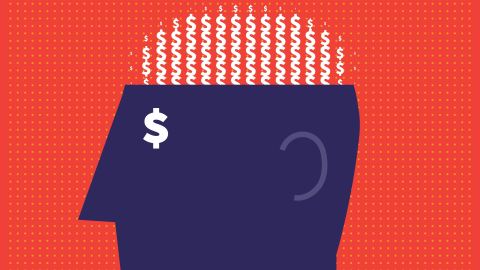Power and Money Explain Many Mental Disorders

Gross abundance of money and power, or the extreme lack of both, lie at the root of many mental disorders, according to a group of researchers at the University of California, Berkeley. The relationship between money, power, and our wellbeing is formed by our association of self-worth with the possession, or paucity, of authority and currency.
The researchers’ conclusions are based on an experiment in which 612 participants were asked to rate their “their social status, propensity toward manic, depressive or anxious symptoms, drive to achieve power, comfort with leadership and degree of pride, among other measures.”
“People prone to depression or anxiety reported feeling little sense of pride in their accomplishments and little sense of power. In contrast, people at risk for mania tended to report high levels of pride and an emphasis on the pursuit of power despite interpersonal costs.”
What propels us to hoard influence in the form of authority and purchasing power has a lot to due with the scarcity experienced by our human ancestors dating back to prehistory. Harvard historian Niall Ferguson explains:
The Berkeley study solidifies the existence of two kinds of pride: hubristic pride and authentic pride. The former is defined as being overconfident, and is correlated with aggression, hostility and poor interpersonal skills. The latter is based on real achievements and is associate with positive social behaviors and high self-esteem.
Not all places are equal, however, when it comes to developing mental disorders related to money and power:
"Recent studies have found that people living in developed countries with the highest levels of income inequality were three times more likely to develop depression or anxiety disorders than their more egalitarian counterparts."
Read more at Science Daily
Photo credit: Shutterstock





